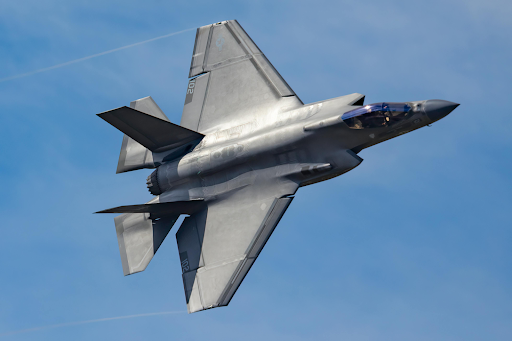The devastating human toll of the war in Gaza is a central and unavoidable element in a legal case now before the Dutch Supreme Court, which is deciding the fate of F-35 fighter jet part exports to Israel. The sheer scale of the casualties forms the basis of the human rights groups’ argument for a ban.
The lawsuit was brought forward with the explicit claim that the Netherlands is complicit in the carnage. The plaintiffs consistently highlight the figures from Gaza’s Health Ministry, which report that Israel’s military campaign has killed more than 66,200 Palestinians and wounded nearly 170,000 others. They argue that F-35 jets, maintained with parts from the Netherlands, are instrumental in this campaign.
The ministry’s data, which U.N. agencies and independent experts consider the most reliable available, indicates that around half of the deceased are women and children. This statistic has been a powerful component of the legal and public relations battle waged by the activist groups, who insist that the Dutch state cannot ignore the nature of the conflict.
While the Dutch government’s legal arguments focus on jurisdiction and the effectiveness of a ban, it cannot escape the humanitarian context. The appeals court that imposed the ban in February 2024 explicitly referenced the situation in Gaza, determining there was a “clear risk” the parts were contributing to violations of international law.
As the Supreme Court hears the final appeal, the grim statistics serve as a constant reminder of what is at stake. The judges’ final decision will be viewed not just as a legal ruling, but as a statement on the Netherlands’ responsibility in the face of an overwhelming humanitarian crisis.

